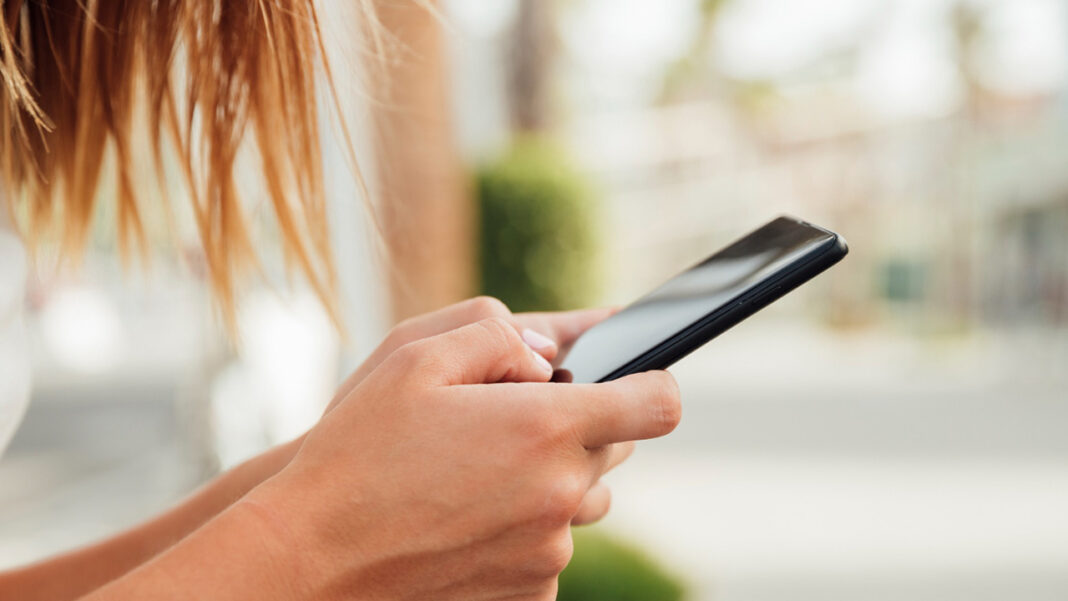In today’s fast-paced world, we rely on our smartphones for almost everything – from socializing to working on-the-go. But what happens when you notice your phone getting hot and its battery draining faster than usual? There are several factors that could be responsible for this issue, and in this article, we will explore some of the most common causes.
Excessive Usage and Multitasking
One of the main reasons why your phone might heat up and lose battery quickly is due to excessive usage or multitasking. When you run multiple applications at once or engage in resource-heavy activities like gaming or streaming videos, your phone’s processor and RAM have to work harder. This increased workload can lead to higher power consumption and heat generation.
How to Reduce Excessive Usage:
- Close unused apps: Make sure to close any background applications that you are not using to free up RAM and reduce processor strain.
- Limit heavy tasks: Try to avoid engaging in resource-intensive tasks such as gaming or video streaming for prolonged periods.
- Take breaks: Give your phone a break by allowing it to rest between activities, especially during intensive tasks.
Poor Network Connectivity
Another factor that can contribute to overheating and battery drain is poor network connectivity. When your phone has to constantly search for a stable signal, whether it’s Wi-Fi or cellular data, it puts extra stress on the device. This can result in greater power consumption and heat production, ultimately leading to reduced battery life.
Ways to Improve Network Connectivity:
- Switch to airplane mode: Whenever you’re in an area with poor signal strength, consider switching your device to airplane mode to conserve battery life and reduce heat production.
- Make use of Wi-Fi: If possible, connect to a stable Wi-Fi network instead of using cellular data to reduce strain on your phone’s resources.
- Update your carrier settings: Ensuring that your phone has the latest carrier settings can help improve its connection to available networks.
Brightness and Power Settings
Many people are unaware that their screen brightness and power settings can significantly impact their phone’s temperature and battery life. Having your screen at maximum brightness or running a live wallpaper can increase energy consumption and heat generation.
Optimizing Brightness and Power Settings:
- Adjust screen brightness: Lowering your device’s screen brightness can have a noticeable effect on battery life and heat output.
- Enable power-saving mode: Most smartphones come with a power-saving mode that reduces the device’s performance and optimizes battery usage. Consider enabling this feature when needed.
- Avoid live wallpapers: Live wallpapers consume more energy than static ones, so it’s best to avoid them if you’re concerned about battery life and overheating.
Malware and Rogue Applications
Malware and rogue applications can lead to overheating and rapid battery drain by consuming excessive resources in the background. These malicious apps often perform tasks without your knowledge, resulting in a decreased battery life and increased heat production.
Protecting Your Phone from Malware:
- Install a reputable antivirus app: Installing a trusted antivirus application can help protect your device from malware and potentially harmful apps.
- Update your phone’s software: Keeping your phone’s operating system up-to-date can help to patch any security vulnerabilities that might be exploited by malware.
- Be cautious when downloading apps: Avoid downloading applications from untrusted sources or granting excessive permissions to apps you don’t recognize.
Hardware Issues and Aging Devices
Over time, your phone’s hardware may begin to degrade due to normal wear and tear, which can impact its performance, temperature regulation, and battery life. An aging battery or damaged processor might result in frequent overheating and faster battery depletion.
Dealing with Hardware Issues:
- Monitor your phone’s health: Keep an eye on your phone’s performance and look for signs of hardware issues, such as random shutdowns, lagging, or reduced battery life.
- Replace the battery: If you’ve had your device for a few years and the battery is no longer holding a charge, consider replacing it with a new one to improve your phone’s overall performance.
- Consult a professional: If you suspect your phone has a hardware issue, reach out to a professional technician for repair or advice on whether it’s time for an upgrade.
In summary, there are multiple factors that can contribute to your phone getting hot and losing battery quickly, including excessive usage, poor network connectivity, brightness settings, malware, and hardware issues. By understanding these causes and taking appropriate measures, you can extend your phone’s battery life and keep it running cooler throughout the day.













